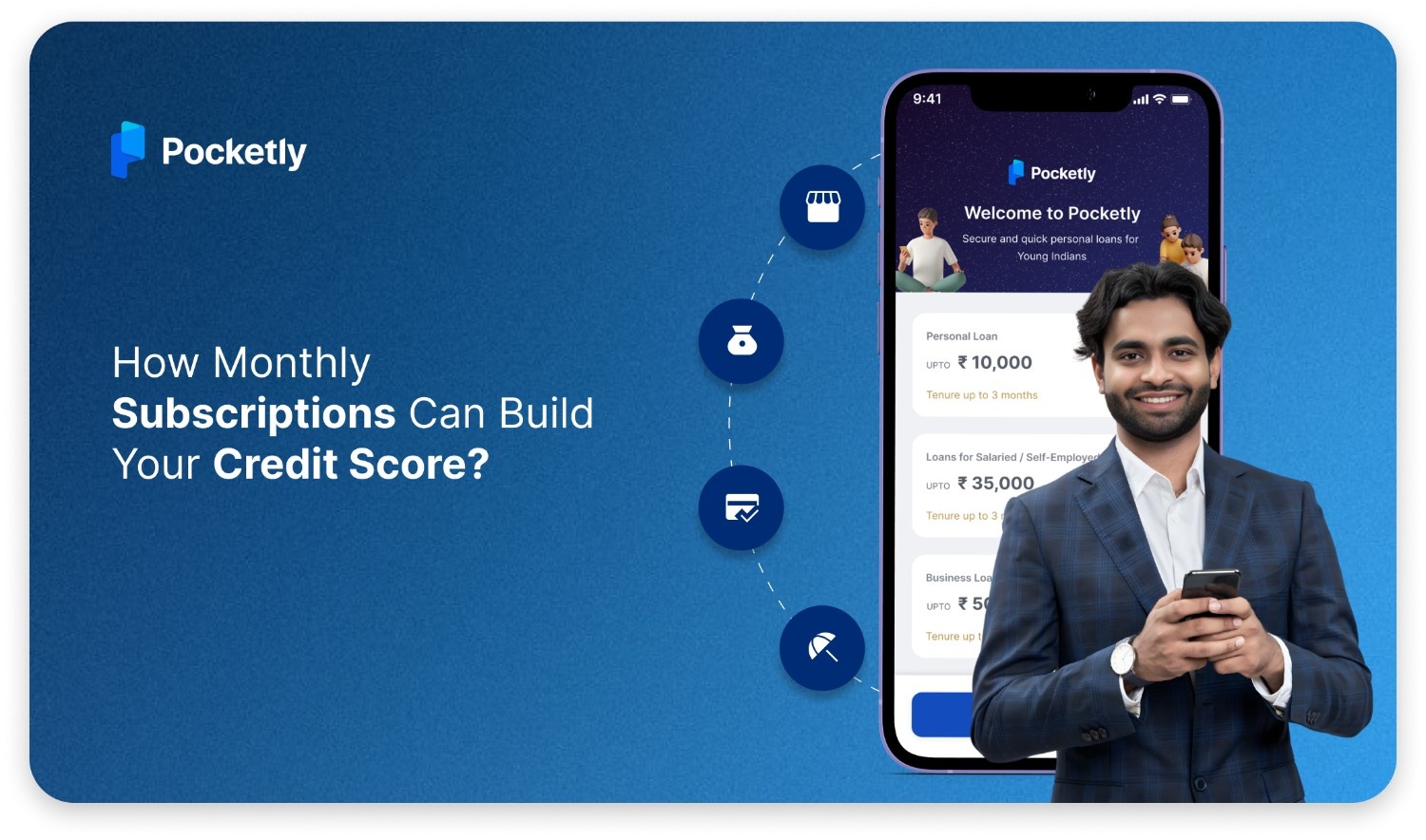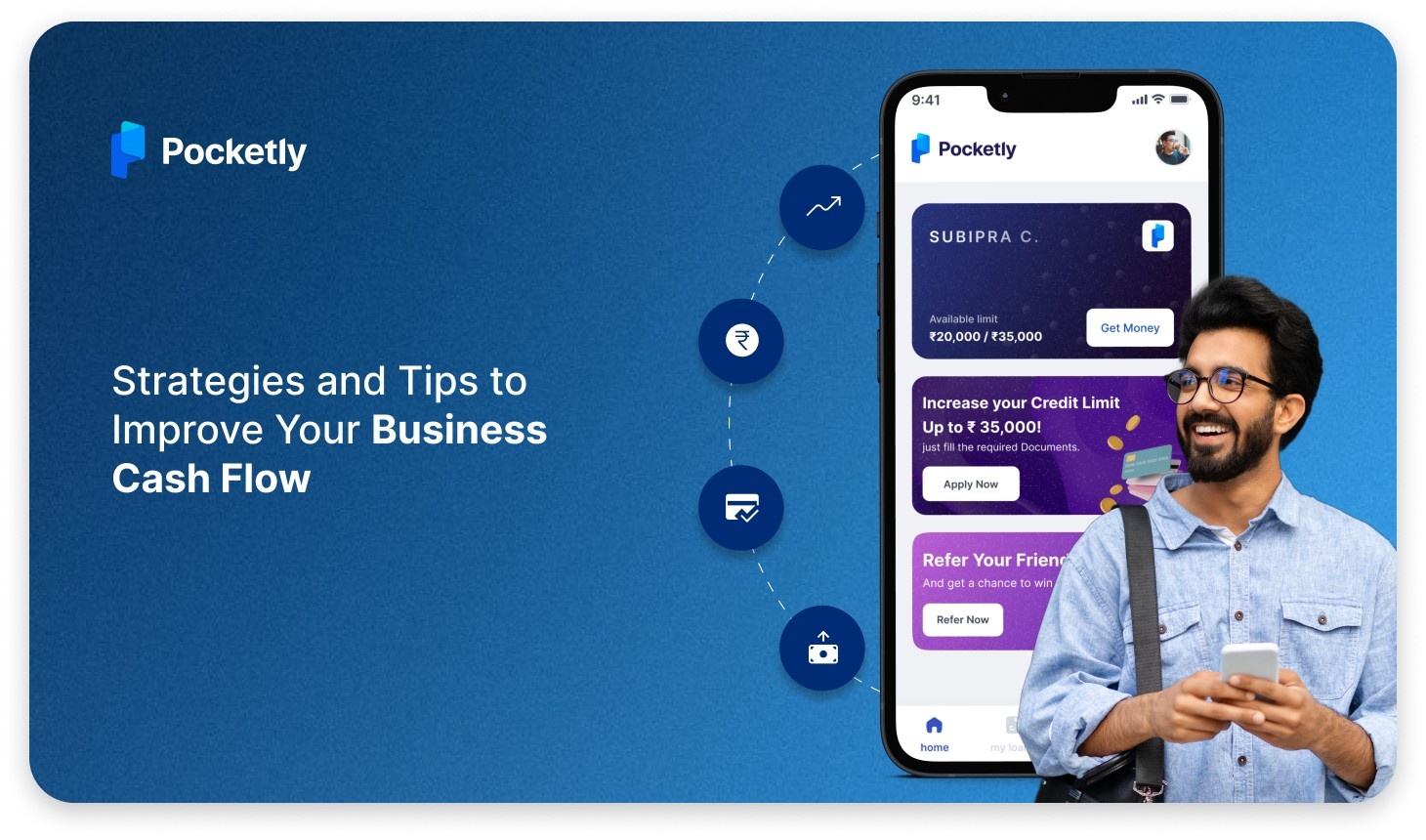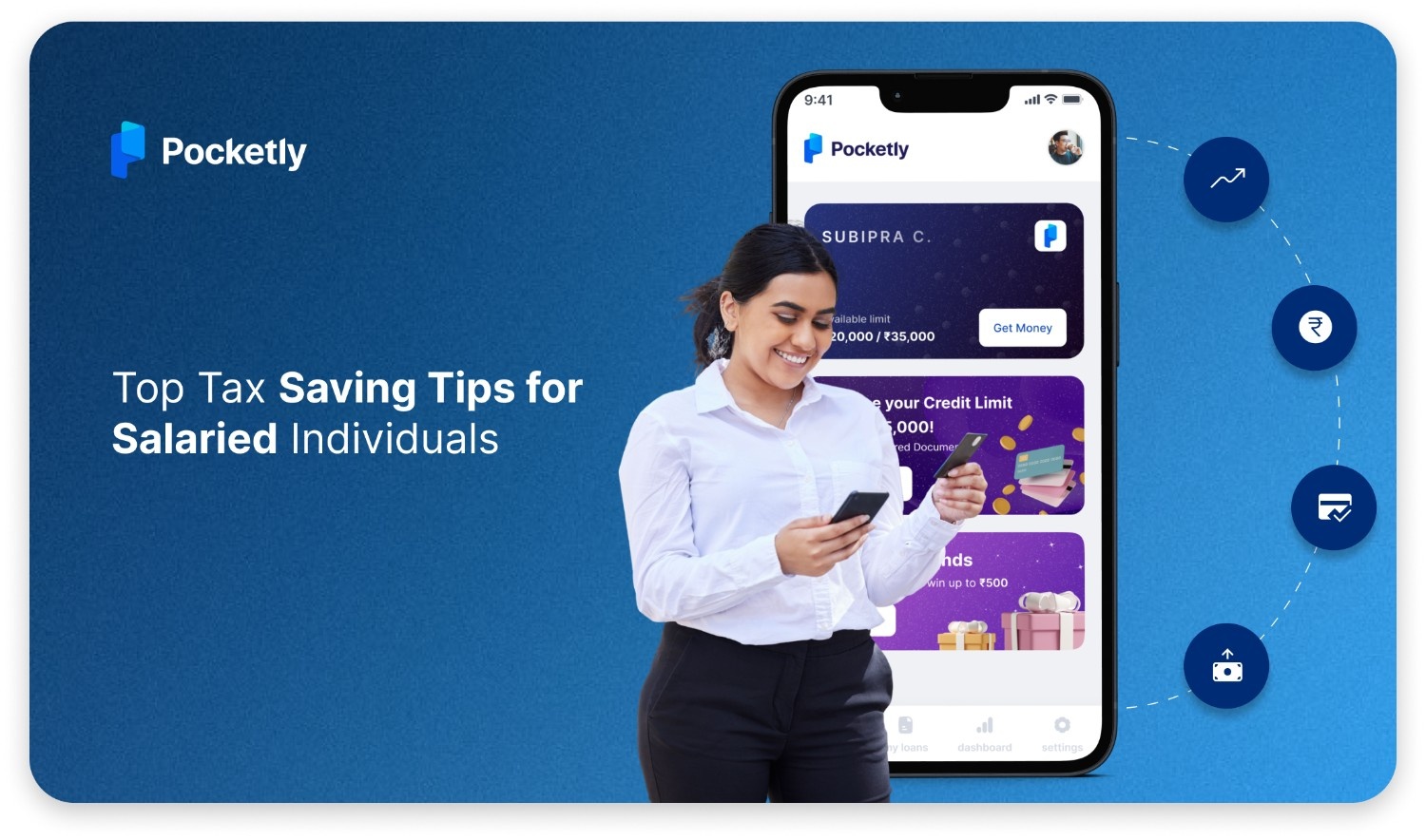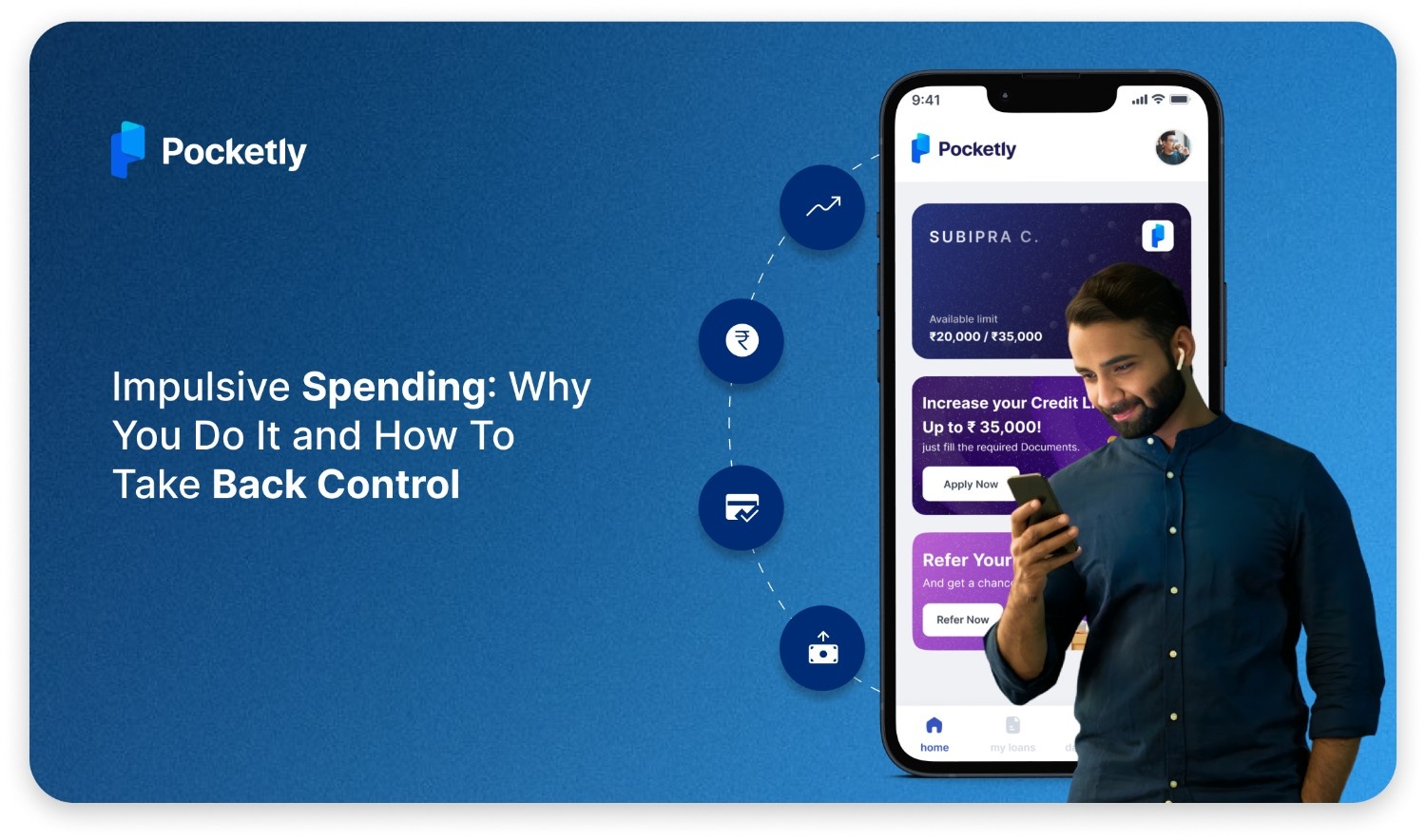As the world is rapidly evolving in the financial sector, managing your money effectively is more crucial than ever, especially when you’re trying to balance school, work, and social life. It’s not just about having fun; it’s about making smart financial choices that pave the way for your future dreams.
Imagine this: You’re at home, excitedly planning your upcoming college trip with friends. You’ve got your destination in mind, the itinerary set, and all you need is the budget to make it happen. As you start discussing costs on transportation, accommodation, food and you realize that figuring out how to manage your expenses feels a bit daunting. That’s when you wish you had a solid handle on your finances.
Financial advice for young adults isn’t just about saving a few rupees here and there. It’s about understanding your financial situation, creating a budget, saving for emergencies, and making smart investments.
Let’s dive into some practical tips that will help you take control of your finances and ensure you can enjoy life without the constant stress of money worries.
The Importance of Financial Planning Early
- Benefits of Early Financial Management:
Starting to manage your finances early in life can set a strong foundation for your future. It allows you to make informed decisions that can lead to greater financial stability.
- Achieving Financial Goals Through Proper Planning:
With a clear plan, you can identify your financial goals, whether it’s saving for college, a new bike, or that dream vacation. Having a roadmap makes it easier to stay on track.
- Importance of Self-Investment:
Investing in yourself—whether through education, skills training, or even wellness—can yield the highest returns in the long run.
Understanding Your Financial Situation
Getting a grip on your finances starts with understanding your unique financial situation. Think of it like getting to know yourself better, but with money! Here’s how you can break it down:
- Assessing Your Investment Personality:
Are you a thrill-seeker or a cautious planner? Understanding your investment personality helps you figure out what kind of investments align with your comfort level. This self-awareness can guide your decisions, making it easier to choose the right investment strategies.
- Determining If You Are a Good Investor:
Reflect on your past financial choices. Have you made smart investments that paid off, or have you struggled with losses? Being a good investor isn’t just about making money; it’s about learning from your experiences and knowing when to take calculated risks.
- Seeking Advice from Trusted Sources:
Don’t hesitate to reach out for help! Whether it’s a family member who’s financially savvy or a mentor in your field, getting insights from trusted sources can provide clarity. They can offer valuable perspectives and advice based on their own experiences.
Budgeting Essentials
Now that you have a good grasp of your financial situation, it’s time to roll up your sleeves and dive into budgeting! Think of a budget as your trusty map—it guides you through the maze of expenses and helps you reach your financial destinations.
Let’s break down the essentials of budgeting so you can manage your money like a pro!
1. Different Budgeting Methods
Finding a budgeting method that suits your style can make all the difference. Here are three popular approaches 50-30-20 rule that can help you take control of your finances:
50-30-20 Rule:
This method is super straightforward and perfect for beginners. Here’s how it works:
- 50% for Needs: Allocate half of your income to essential expenses like rent, utilities, groceries, and transportation. These are the things you absolutely can’t live without.
- 30% for Wants: Set aside 30% for fun stuff—dining out, hobbies, or that new gadget you’ve been eyeing. It’s important to enjoy your money too!
- 20% for Savings: Finally, save the remaining 20% for your future goals, whether that’s building an emergency fund, investing, or saving for a big purchase. This rule strikes a balance between living for today and planning for tomorrow.
Example:
Let’s say you’re a graphic designer in Bengaluru earning ₹60,000 per month. Here’s how you could apply the 50-30-20 rule:
- Needs (₹30,000): ₹18,000 for rent, ₹5,000 for groceries, ₹2,000 for utilities, ₹3,000 for transportation, and ₹2,000 for internet.
- Wants (₹18,000): ₹5,000 for dining out, ₹4,000 for a weekend trip, ₹3,000 for subscriptions, and ₹6,000 for gadgets.
- Savings (₹12,000): ₹6,000 into an emergency fund, ₹4,000 for investments, and ₹2,000 towards a new laptop.
This method ensures you cover your needs, enjoy life, and save for the future—an easy way to manage your money effectively.
Zero-Based Budgeting:
This approach takes budgeting to the next level by ensuring that every single rupee you earn has a purpose:
- You start by listing all your income sources, then assign every rupee to a specific expense or saving goal. The goal? Your income minus your expenses should equal zero. This means that at the end of the month, you should have accounted for every penny, ensuring you know exactly where your money is going.
Example:
Let’s say you earn ₹50,000 a month:
- Income (₹50,000): You allocate ₹15,000 for rent, ₹5,000 for groceries, ₹3,000 for utilities, ₹2,000 for transportation, and ₹5,000 for savings.
- Wants and Extras (₹10,000): You set aside ₹4,000 for dining out, ₹4,000 for hobbies, and ₹2,000 for entertainment.
- Miscellaneous and Adjustments (₹10,000): You allocate the rest to any unexpected expenses or adjustments.
At the end of the month, every rupee has been assigned a job, and your budget balances to zero. This method helps you track your spending closely and ensures you’re in control of your finances.
Pay-Yourself-First:
Treating savings as a non-negotiable expense is a :
- As soon as you receive your paycheck, immediately set aside a portion for savings before paying any bills or indulging in discretionary spending. This method reinforces the idea that your financial future is a priority.
- By prioritizing savings, you build a habit that leads to financial stability over time. Even if you can only save a small amount initially, it adds up, and you’ll be surprised at how quickly it grows!
2. Benefits of Budgeting
Budgeting isn’t just about crunching numbers; it’s about creating a clear roadmap for your finances. Here’s why it’s essential:
- Track Your Spending: A budget allows you to monitor where your money goes each month. This visibility helps you identify areas where you might be overspending and make adjustments as needed.
- Reduce Stress: Knowing that you have a plan in place reduces financial anxiety. You’ll feel more confident making purchases because you’ll know they fit within your budget.
- Make Informed Decisions: With a solid budget, you can prioritize your spending based on your financial goals. This means you’re more likely to make choices that align with your values and aspirations.
3. Managing Living Expenses and Trade-Offs
We all know that budgeting often means making some trade-offs. Here’s how to navigate that:
- Identify Priorities: Know what’s most important to you. Maybe you love going out with friends, but you also want to save for a summer trip. Understanding your priorities helps you make smart spending choices.
- Make Adjustments: Sometimes you’ll have to cook at home instead of dining out or skip that fancy subscription service. Embracing frugal habits doesn’t mean sacrificing enjoyment; it just means being mindful of how you spend your money.
- Celebrate Small Wins: If you successfully stick to your budget for a month, treat yourself! Celebrate those wins to keep yourself motivated and engaged with your financial journey.
Building and Maintaining an Emergency Fund
Having an emergency fund is like having a safety net for life’s unexpected twists and turns.
Here’s why it’s crucial:
- Importance of an Emergency Fund:
- Life is unpredictable. From sudden medical expenses to unexpected car repairs, an emergency fund provides peace of mind. Knowing you have a cushion can alleviate stress and keep you from scrambling when surprises arise.
- Recommended Size of Emergency Funds:
- Aim to save enough to cover three to six months’ worth of living expenses. This amount can help you navigate tough times, whether it's a job loss or a big unexpected bill. It’s all about ensuring you’re financially secure during emergencies.
- Using High-Interest Accounts for Savings:
- Make your money work for you! Consider putting your emergency fund in a high-interest savings account. This way, your savings can earn some interest while remaining easily accessible for emergencies.
And for those moments when you need a quick financial boost, Pocketly offers quick and reliable financial support, making sure you're never caught off guard. Check out Pocketly and see how they can keep your finances on track.
Managing Debt Effectively
Debt can feel overwhelming, but staying on top of it is essential for your financial health. Here’s how to manage it effectively:
- Importance of Keeping Track of Debts:
- Keep a close eye on what you owe. Knowing your total debt and due dates helps you stay organized and avoids any nasty surprises, like late fees or penalties.
- Paying Off Debts Quickly to Maintain a High Credit Score:
- The sooner you tackle your debts, the better! Paying off high-interest debts first can save you money in the long run. Plus, it keeps your credit score healthy, which is essential for future financial opportunities.
- Understanding Debt-to-Income Ratio:
- This ratio shows how much of your income goes towards paying debts. A lower debt-to-income ratio is better, as it indicates you're managing your debts effectively. Aim to keep this ratio below 30% to maintain a healthy balance.
Also Learn: Understanding the Ideal CIBIL Score Range for Personal Loan Applications
Saving and Investing for the Future
Saving isn’t just about preparing for emergencies; it’s also about building a brighter financial future.
Here’s how to get started:
- Starting Retirement Savings Early:
- It may seem far away, but starting to save for retirement now can pay off big time! The earlier you start, the more you can benefit from compound interest, making your money grow over time.
- Investment Strategies for Young Adults:
- Look into different investment options, such as mutual funds, stocks, or even real estate. Diversifying your investments can help you build wealth while managing risk. Start small, and gradually increase your investments as you learn more.
- Employer-Sponsored Retirement Plans:
- If your job offers a retirement plan, take full advantage of it! Many employers match contributions, which is essentially free money. It’s an excellent way to kickstart your savings and secure your future.
Controlling Expenditures
Getting a handle on your spending can feel like a breath of fresh air. It’s all about making smart choices that keep your wallet happy while still allowing you to enjoy life.
Here’s how you can control your expenditures effectively:
- Avoiding Unnecessary Expenses:
- It’s easy to fall into the trap of buying things you don’t really need. Take a moment to pause and think before making a purchase. Do you really need that latest gadget, or could you wait until the next sale?
- Consider keeping a “30-day rule.” If you see something you want, wait 30 days before buying it. Often, you’ll find that the urge to purchase fades, and you can save that money for something more meaningful.
- Frugal Living Habits:
- Embracing frugality doesn’t mean you have to give up all the fun! It’s about finding creative ways to save without sacrificing your lifestyle.
- For instance, instead of going out for lunch every day, pack a homemade meal. Not only is it healthier, but you’ll save a chunk of money over time. Plus, you can experiment with new recipes, making it a fun experience!
- Prioritizing Savings for Significant Future Projects:
- Think about what you really want to achieve in the future, like a study abroad program or a new laptop. Set specific savings goals for these projects and prioritize them in your budget.
- Start by determining how much you’ll need and by when. Then, break that amount into manageable monthly savings goals. When you see your savings grow, it’ll motivate you to stick to your plan!
Making these small adjustments in your spending habits, you’ll find that you can enjoy life while still saving for the future. Remember, it’s all about balance!
However, it's important to plan and manage your money wisely to save and meet your expenses. Keep reading for some extra tips that will help you fund your goals!
10 Money Management Tips for Young Adults
Here’s a table with ten additional money management practical tips, tailored for young adults, with real-life examples to make them relatable and easy to implement:
| Tip | What It Means | Real-Life Example |
| Set Small, Achievable Goals | Focus on setting small, realistic financial goals to stay motivated. | Save ₹500 every month towards a new phone or that weekend trip. |
| Avoid Impulse Buys | Take a pause before making a purchase to decide if you really need it. | Wait 24 hours before buying that trendy outfit you saw online. |
| Split Expenses with Friends | Share costs with friends whenever possible to keep your spending in check. | Split the cost of a Netflix subscription or carpool to save on fuel. |
| Make the Most of Student Discounts | Take advantage of discounts available to students to save on everyday expenses. | Use your student ID for discounts at cafes, bookstores, and online courses. |
| Learn to Say ‘No’ | It’s okay to skip out on plans that don’t fit your budget. | Politely decline that expensive dinner out and suggest a more budget-friendly activity instead. |
| Use Cash Instead of Cards | Spend with cash to limit your spending to what you physically have on hand. | Withdraw a fixed amount for the week and make it last until your next withdrawal. |
| Prioritize Debt Repayment | Focus on paying off any debts you have as quickly as possible. | Tackle high-interest credit card debt first, even if it means making extra payments. |
| Practice Mindful Spending | Be conscious of where your money is going and whether it aligns with your priorities. | Skip that daily coffee run and brew your own to save for something more meaningful, like a hobby or an experience. |
| Accept the Sharing Economy | Use sharing services to save money on things you don’t need to own outright. | Rent textbooks instead of buying them or use a ride-sharing service instead of owning a car. |
| DIY Whenever Possible | Do it yourself to save money on services and products you can make or fix on your own. | Learn to cook your favorite restaurant meals at home or do basic repairs on your bike instead of taking it to the shop. |
These tips are all about making small, manageable changes that fit into your daily life. It’s not about cutting out all the fun; it’s about being smart with your money so you can enjoy the things that matter most!
Also Learn: Applying for Instant ₹5000 Personal Loan Online for Urgent Needs
Why do you Need Instant Loan Apps?
Life has a way of throwing curveballs when you least expect it. Maybe your laptop breaks down just before an important project, or you find yourself short on cash a week before payday. That’s where instant loan apps come in—they’re like a safety net for those moments when you need money quickly and can’t wait for the traditional loan process.
These apps offer a quick and convenient way to access funds with minimal hassle. No more waiting in long lines at the bank or filling out endless forms. Instead, with just a few taps on your phone, you can apply for a loan and get the money you need, often within minutes. Instant loan apps are perfect for handling those unexpected expenses or bridging the gap until your next paycheck.
Why Pocketly is the Right Choice for Young Adults?
When it comes to choosing the right loan app, Pocketly stands out as a top contender, especially for young adults. Here’s why Pocketly is a great fit:
- Quick and Simple: Pocketly makes borrowing money fast and easy. Whether you need cash for an emergency or a spontaneous plan with friends, you can apply for a loan and get it approved in no time.
- Flexible Repayment Options: We know that life can be unpredictable. That’s why Pocketly offers flexible repayment plans that work around your budget, so you can pay back the loan at your own pace.
- Transparent and Trustworthy: Pocketly prides itself on transparency. There are no hidden fees or surprise charges—what you see is what you get.
- Designed for Young Adults: Pocketly understands the unique financial needs of students and young professionals. Whether you need a small personal loan to cover daily expenses or something bigger, Pocketly has options tailored just for you.
In short, Pocketly is designed to make your financial life easier, allowing you to focus on the important things without the stress of unexpected expenses. It’s a reliable companion for young adults looking to manage their finances smartly and efficiently.
Conclusion
Managing your finances as a young adult doesn’t have to be overwhelming. With the right tips and tools, you can navigate your financial journey smoothly, set yourself up for success, and even have a little fun along the way.
Whether it’s sticking to a budget, saving for the future, or handling those unexpected expenses, it’s all about making smart, informed decisions.
And when life throws you a curveball, don’t stress—Pocketly is here to help. With quick and easy loans designed just for you, Pocketly has your back when you need it most. So, if you want to improve your financial situation then Download Pocketly today and make your money work for you!
FAQs
How should you manage debts?
Managing your debts carefully is crucial to avoid paying extra in interest charges or late fees, which can add up with each missed due date. By keeping a close watch on your debts, you can better manage your monthly expenses and steer clear of the stress that comes with last-minute payment obligations.
How much of your income should you allocate towards savings?
Aim to save at least 20-30% of your income towards savings and investments, adjusting as per your financial goals.
What are some effective budgeting methods for young adults?
Budgeting methods like the 50-30-20 rule, zero-based budgeting, and the pay-yourself-first approach can help you manage your money by allocating funds for needs, wants, and savings, ensuring you have a balanced financial plan.
What are the benefits of investing early?
Investing early allows your money to grow over time through compound interest, helping you build wealth and secure your financial future, even with small, consistent contributions.
How does Pocketly support young adults with instant loans?
Pocketly offers quick, easy access to funds through its user-friendly app, providing instant loan approvals, flexible repayment options, and transparent terms, making it a convenient solution for young adults in need of financial support.
What are the key factors young adults should consider when choosing a personal loan app?
When choosing a personal loan app platform like Pocketly, young adults should consider the loan amount offered, interest rates, repayment flexibility, ease of use, and the app’s transparency with fees and charges to ensure it meets their financial needs without hidden surprises.
How can you plan your finances in your 20s?
Understand your income and create a budget. Build an emergency fund covering 3-6 months of expenses, invest early in mutual funds or PPF, and prioritize paying off any debt.
What are financial planning tips for young adults in India?
Get insured with health and life policies, use financial apps for tracking expenses, contribute to retirement plans like NPS or EPF, plan for taxes using available deductions, and regularly review your financial plan.
How does your credit score affect your money management?
A good credit score improves your loan eligibility and can lower interest rates on borrowed money. It may also impact your insurance premiums, as some insurers consider credit scores when determining rates.
Is Pocketly safe for young adults to use?
Absolutely! Pocketly is built with your safety in mind, offering a secure platform for taking out personal loans. The app is transparent with no hidden fees, ensuring you can borrow in a secure and straightforward way.
How does Pocketly help you manage your finances?
Pocketly isn’t just about instant loans; it also helps you manage your finances by offering flexible repayment options. This means you can borrow money when needed without disrupting your budget, keeping you on track with your financial goals.









